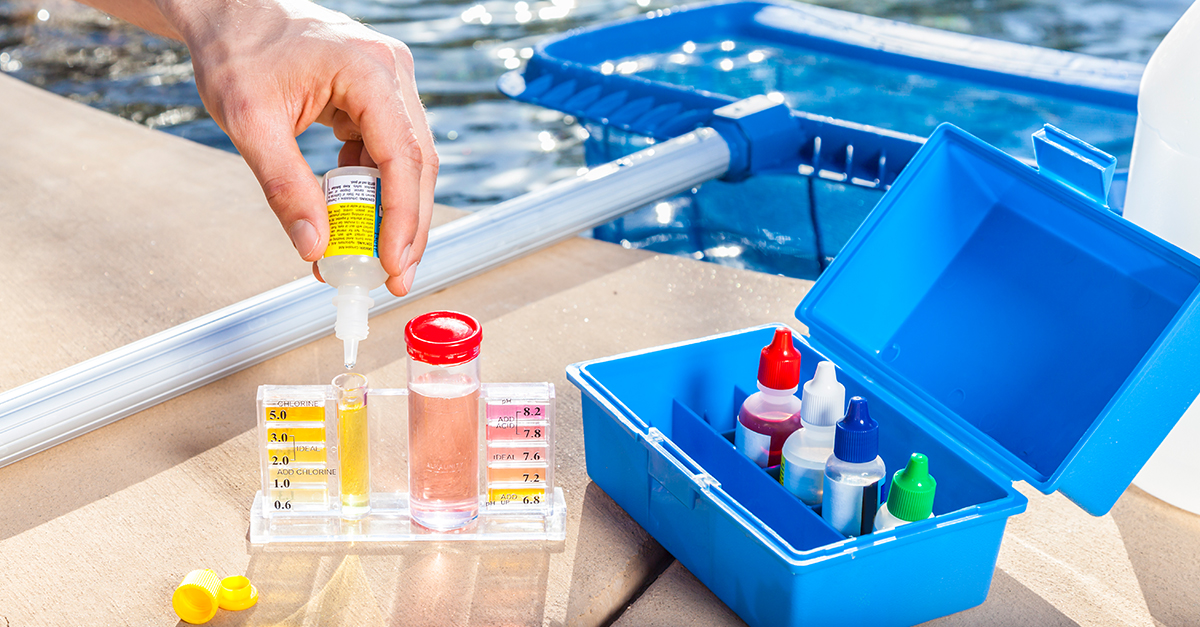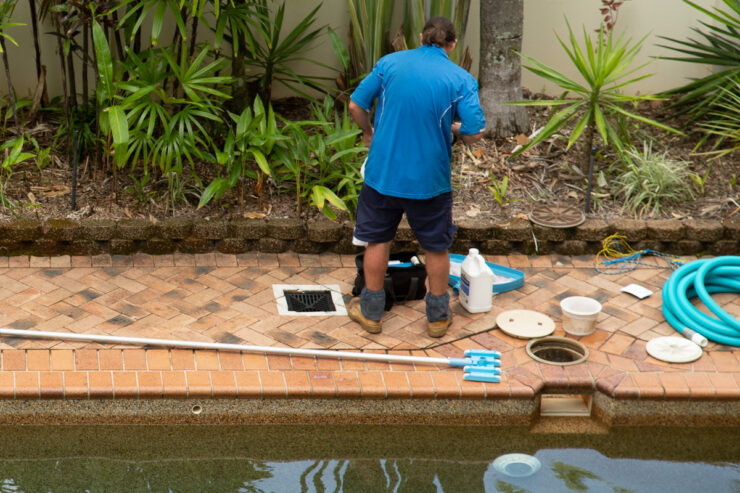Hotel pools can be a major draw for travelers seeking relaxation, recreation, and a way to unwind after a long day of exploring. However, with the increasing awareness of hygiene and health concerns, many guests are now asking: “Are hotel pools clean?” This question is more relevant than ever, especially as people become more conscious about their surroundings and the potential risks associated with public water facilities. While most hotels maintain their pools to high standards, there are factors that can affect cleanliness, and understanding these can help you make informed decisions before your next stay.
The Importance of Clean Hotel Pools
Clean hotel pools are essential not only for aesthetic reasons but also for health and safety. Poorly maintained pools can harbor harmful bacteria, algae, and other contaminants that pose serious health risks. For instance, the Centers for Disease Control and Prevention (CDC) has reported cases of recreational water illnesses (RWIs) linked to improperly chlorinated or disinfected pools. These illnesses can range from minor skin irritations to more severe infections like Legionnaires’ disease. Ensuring that a hotel pool is clean is crucial for preventing such issues and providing a safe environment for guests.
How Hotels Maintain Pool Cleanliness

Most reputable hotels follow strict protocols to keep their pools clean and safe for use. These protocols typically include regular testing of water chemistry, proper filtration, and consistent disinfection. Chlorine levels, pH balance, and alkalinity are monitored to ensure that the water remains free from harmful microorganisms. Additionally, many hotels employ professional pool maintenance staff who perform routine cleaning tasks such as skimming debris, vacuuming the pool floor, and scrubbing walls and tiles.
In addition to chemical treatments, some hotels use advanced filtration systems and UV purification to enhance water quality. These technologies help remove impurities and reduce the need for excessive chemical use, making the pool environment more comfortable for swimmers. It’s important to note that while these measures are standard in well-managed hotels, the effectiveness of pool maintenance can vary depending on the establishment’s resources and commitment to hygiene.
Signs That a Hotel Pool May Not Be Clean

Despite the best efforts of hotel staff, there are certain signs that may indicate a pool is not being properly maintained. One of the most obvious indicators is the appearance of the water itself. If the water looks murky, green, or has an unusual color, it could be a sign of poor sanitation. Another red flag is the presence of visible algae growth on the pool walls, floor, or around the edges. Algae thrive in environments where chlorine levels are insufficient, so its presence often indicates a lack of proper maintenance.
Additionally, if the pool area has a strong chemical smell, it could mean that the water is either over-chlorinated or under-chlorinated. A strong chlorine odor might suggest that the water is too harsh for swimmers, while a lack of odor could indicate that the disinfectant levels are too low. Other warning signs include dirty or neglected pool decks, which may suggest that the surrounding area is not being cleaned regularly. These visual cues can help guests identify potential issues before they decide to use the pool.
Steps You Can Take to Ensure a Clean Pool Experience
While hotel staff are responsible for maintaining pool cleanliness, there are several steps you can take to protect yourself and enjoy a safer swimming experience. First, it’s a good idea to research the hotel’s reputation regarding pool maintenance. Reading reviews from previous guests can provide valuable insights into the actual conditions of the pool. Pay attention to any recurring complaints about water quality, cleanliness, or health concerns.
Another proactive measure is to ask the hotel staff about their pool maintenance schedule. Inquire about how frequently the water is tested, what chemicals are used, and whether they have any additional purification methods in place. Most hotels will be happy to provide this information, as it demonstrates their commitment to guest safety. If possible, visit the pool area before booking to get a firsthand look at the conditions. This can help you avoid establishments that do not meet your standards.
What to Do If You Suspect a Dirty Pool

If you arrive at a hotel and notice that the pool does not look clean, there are several actions you can take. First, inform the front desk or pool manager about your concerns. They should be able to address the issue promptly, whether by cleaning the pool or offering alternative accommodations. If the problem persists or you feel uncomfortable using the pool, consider using a different facility or avoiding the pool altogether.
In cases where you suspect that the pool has caused health issues, such as skin rashes or respiratory problems, it’s important to seek medical attention and report the incident to the hotel management. Documenting your experience with photos and notes can also be helpful if you decide to file a complaint or share your feedback online. Taking these steps not only protects your own health but also helps raise awareness about pool maintenance standards across the hospitality industry.
Conclusion
The cleanliness of hotel pools is a critical factor that can significantly impact your overall travel experience. While most hotels strive to maintain high standards, it’s essential to remain vigilant and take proactive steps to ensure a safe and enjoyable swim. By understanding the factors that contribute to pool cleanliness, recognizing the signs of poor maintenance, and knowing how to respond to potential issues, you can make informed decisions that prioritize your health and comfort. Whether you’re planning a vacation or a business trip, being aware of these considerations can help you enjoy the benefits of a hotel pool without compromising your well-being.



